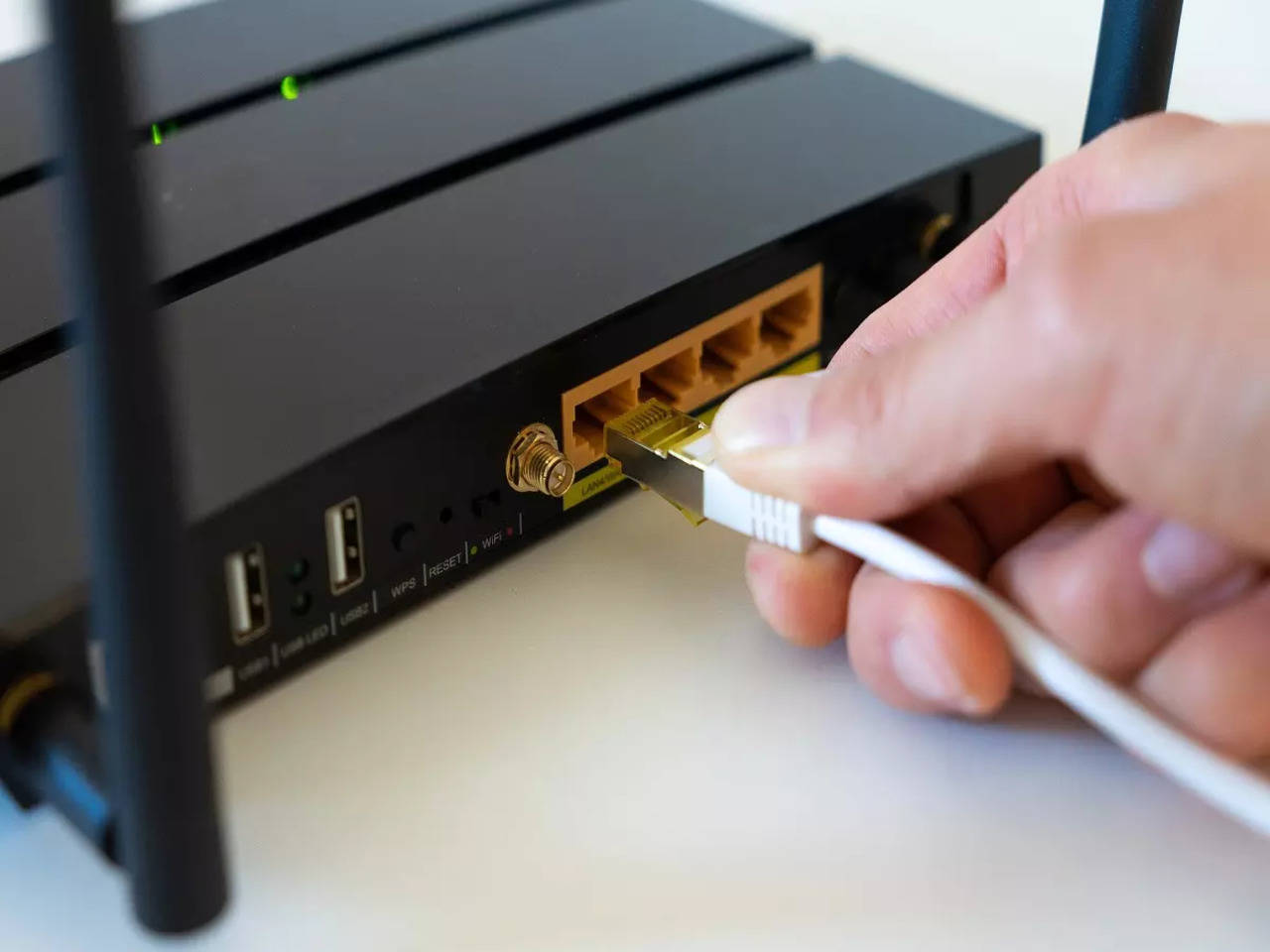Introduction
Are you tired of experiencing slow internet speeds and constant buffering? It might be time to upgrade your router. With the increasing demand for high-speed internet, having a reliable and efficient router is essential. In this blog post, we will guide you through the process of choosing the right router for your high-speed internet needs.
1. Understanding the Importance of a Router
A router plays a crucial role in ensuring a seamless and high-speed internet connection. It acts as a gateway between your devices and the internet, allowing multiple devices to connect simultaneously. When it comes to high-speed internet, choosing the right router becomes even more critical.
2. Assessing Your Internet Requirements
Before diving into the world of routers, it’s essential to assess your internet requirements. Consider factors such as the number of devices that will be connected, the size of your home or office, and the internet speed you subscribe to. This evaluation will help you determine the type of router you need.
2.1 Number of Devices
If you have multiple devices that require internet connectivity, such as smartphones, laptops, smart TVs, and gaming consoles, opt for a router that supports a high number of simultaneous connections.
2.2 Coverage Area
The size of your home or office space is another crucial factor to consider. Larger spaces may require routers with stronger signals or the ability to extend coverage through additional access points or mesh systems.
2.3 Internet Speed
Check the internet speed you subscribe to and ensure that the router you choose can handle that speed. Some routers are specifically designed for high-speed internet connections, so make sure to select one that matches your requirements.
3. Types of Routers
There are several types of routers available in the market, each catering to different needs. Let’s explore some of the common types:
3.1 Single-Band Routers
Single-band routers operate on the 2.4GHz frequency band and are suitable for basic internet usage. They are affordable but may not provide the best performance for high-speed internet connections.
3.2 Dual-Band Routers
Dual-band routers operate on both the 2.4GHz and 5GHz frequency bands, offering better performance and less interference. They are ideal for households with multiple devices and high-speed internet requirements.
Summary
Choosing the right router for high-speed internet is crucial to ensure a seamless online experience. With the plethora of options available in the market, it can be overwhelming to make the right choice. However, by considering factors such as speed, range, security features, and compatibility, you can narrow down your options and find the perfect router for your needs.
visit this website rontier/Dotcom/Images/resources/seo/best-router-gigabit.png?rev=e236ecd78d284ebbb5ce1e0dabe62cf1&hash=7423DDEA31D67154988448B180FC1BBC” alt=”Image” />
- Q: What factors should I consider when choosing a router for high-speed internet?
- A: When selecting a router for high-speed internet, consider the router’s speed capabilities, compatibility with your internet service provider, range and coverage, number of available Ethernet ports, and security features.
- Q: What is the importance of router speed for high-speed internet?
- A: Router speed is crucial for high-speed internet as it determines the maximum data transfer rate. Ensure that the router you choose supports the speed provided by your internet service provider to fully utilize your internet connection.
- Q: How can I ensure compatibility between the router and my internet service provider?
- A: To ensure compatibility, check with your internet service provider for recommended router models or specifications. Additionally, verify if the router supports the necessary protocols (such as PPPoE or DHCP) required by your provider.
- Q: Why is range and coverage important when selecting a router for high-speed internet?
- A: Range and coverage determine the reach of your Wi-Fi signal. For optimal performance, choose a router with sufficient range to cover your entire home or office, especially if you have multiple devices or plan to use Wi-Fi in distant areas.
- Q: How many Ethernet ports should a router have for high-speed internet?
- A: The number of Ethernet ports required depends on the number of wired devices you intend to connect. Ensure the router has enough ports to accommodate your wired devices, such as computers, gaming consoles, or smart TVs.
- Q: What security features should I look for in a router for high-speed internet?
- A: Look for routers with robust security features like WPA3 encryption, firewall protection, guest network support, and parental controls. These features help safeguard your network from unauthorized access and protect your sensitive data.

Welcome to my website! My name is Levi McBryde, and I am a dedicated professional Hardware Upgrade Technician with a passion for Network Solutions, Hardware Upgrades, Augmented Reality, and Game Development. With years of experience in the field, I am committed to providing top-notch services and solutions to meet your technological needs.

